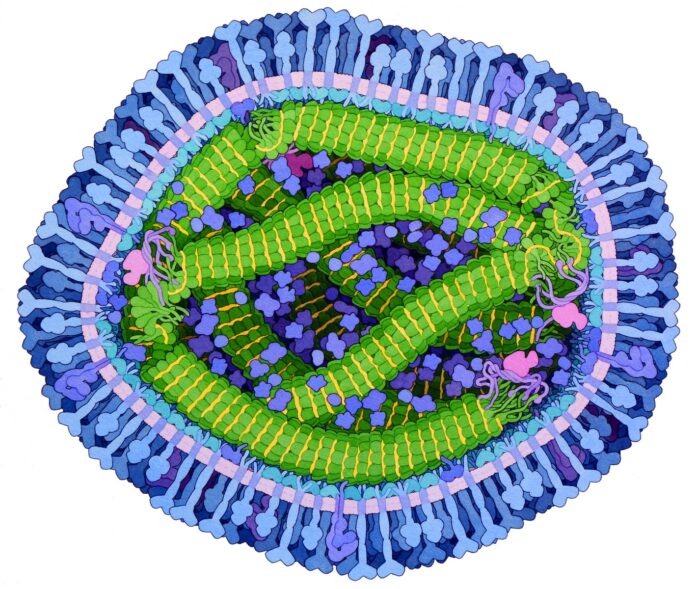The Centers for Disease Control and Prevention (CDC) has issued an advisory urging Americans planning international travel, particularly during the spring break period, to verify their measles vaccination status with their healthcare providers at least six weeks before departure. This cautionary step comes in response to a noticeable rise in measles cases within the United States and globally, highlighting the infectious disease’s rapid spread potential.
Currently, the U.S. has reported 58 measles cases, matching the total count from the entirety of 2023. This includes a case from San Diego County where a young traveler, a one-year-old girl, contracted the virus overseas and brought it back to the U.S., highlighting the ease with which measles can cross borders. Dr. Edmund Milder of Rady Children’s Hospital emphasizes the highly contagious nature of measles, noting that exposure in a crowded setting could lead to a significant number of new infections.
The CDC’s latest figures indicate that these measles cases span 17 states, with a significant majority linked to international travel. Moreover, the affected demographic largely comprises children over one year of age who have not received the measles, mumps, and rubella (MMR) vaccine. In light of this, the CDC recommends vaccination for children aged six months and older to prevent further spread.
Measles, characterized by symptoms such as cough, congestion, conjunctivitis, fever, and a distinctive rash, poses serious health risks despite being declared eliminated in the U.S. in 2000. Notably, complications from measles can be severe, leading to brain inflammation and, in some cases, death, particularly among vulnerable populations like infants under six months and those with compromised immune systems.
In response to past outbreaks, such as the significant one in Disneyland in 2014 and the global surge in measles deaths in 2019, the U.S. has implemented strict vaccine exemption laws. California, for example, mandates the MMR vaccine for public school attendance. However, nationwide vaccine rates have experienced a downturn since the onset of the COVID-19 pandemic, raising concerns about communal immunity.
As spring break approaches, Dr. Milder advises travelers to prioritize their vaccination status not only for their protection but also to safeguard those unable to receive the vaccine due to age or health conditions. By maintaining high immunity levels within the community, the spread of measles can be effectively curtailed, protecting public health and ensuring safer travel experiences.
Image is licensed under the Creative Commons Attribution 4.0 International license and was created by David Goodsell.






